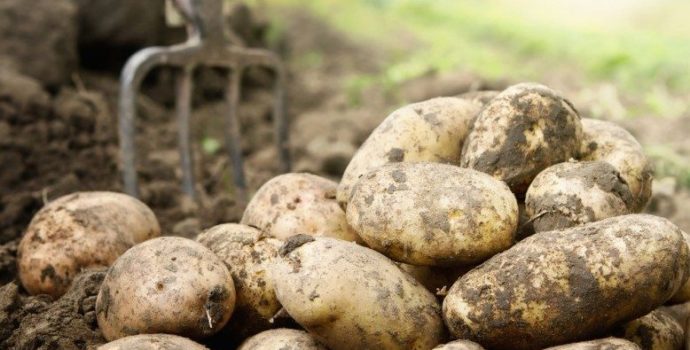Right Outcome on Cap Will Underpin Ireland’s Prospects for Growth in Farming and Food

Addressing the 58th Annual General Meeting of the Irish Farmers Association in Dublin today (Tues), IFA President John Bryan said decisions on CAP in 2013 will be critical in deciding the future of family farms and our agri-food sector. He said, “Negotiations on the EU budget and CAP are very difficult, and we are fighting for a budget that is worth €11bn to the Irish economy over the next 7 years”.
“The right outcome will underpin Ireland’s prospects for growth in farming and food. However, the wrong outcome will completely undermine <i>Food Harvest 2020</i> and destroy the viability of thousands of family farms. Farmers will hold the Minister and the Taoiseach directly responsible for ensuring a successful outcome to these negotiations.”
John Bryan said, “The challenge for the Government begins with the crucial EU summit on the 7th and 8th of February. It is essential that the Taoiseach Enda Kenny works with traditional supporters of the CAP, such as France and Germany, to resist pressure for cuts to the budget by some Member States, led by Britain. The Government must fight to secure a fully-funded CAP budget for Ireland – this means annual funding of €1.25bn for the Single Farm Payment and €350m for Rural Development”.
In a clear message to Minister Simon Coveney, the IFA President said he is totally opposed to flattening and regionalisation of the Single Farm Payment as this will cause major disruption of payments at farm level and undermine production across all sectors and in all parts of the country. “The SFP must reward work and effort, and not armchair farmers who have land but produce nothing. Productive farmers are those most exposed to volatility in prices and input costs, and it is critical that these producers are protected.”
In a major policy initiative on the Single Farm Payment, John Bryan said IFA believes that using objective criteria, such as labour units and minimum stocking rates, must be used to distinguish between active and inactive farmers.
“This means a farmer with a high payment, who is no longer active, would see a greater reduction in their payment than one who has continued high levels of production over the past decade. A farmer with a low payment, who has built up their activity since the last CAP reform, would see a higher and quicker increase in their payment, than one who has continued at the same low level of activity. In this way, we can limit losses to active farmers and limit gains to those who are not producing.”
The IFA President said it was essential that Greening measures must be workable, flexible and cannot result in extra costs or bureaucracy for farmers or take land out of production. “It must be at a lower rate than 30% and it cannot be used as a redistribution mechanism. The option of 10% coupling must be available to all Member States, to protect the vulnerable livestock and sheep sectors and vulnerable regions.”
John Bryan left the Minister for Agriculture in no doubt about the depth of anger among farmers over the Budget cuts he implemented last month. “IFA met with Fine Gael TDs in every constituency on the Budget, and the need to retain the Suckler Cow Welfare Scheme in particular was highlighted.”
“However, it was abolished, and for the Minister to claim that he is giving the same level of support to suckler farmers this year is just not credible after delivering such a devastating blow to the sector.”
Mr Bryan said, “By cutting funding for farm schemes, including Sheep Grassland and with further cuts to Disadvantaged Areas, the Minister chose to hit the incomes of thousands of low income drystock farmers”.
John Bryan described the attack by the Minister for Social Protection, Joan Burton, on farm families depending on Farm Assist as an absolute disgrace.
The IFA President called on the Minister for Agriculture to re-visit the most damaging elements of the Budget, in particular the abolition of the Suckler Cow Welfare Scheme, as this is unfinished business as far as IFA is concerned.




